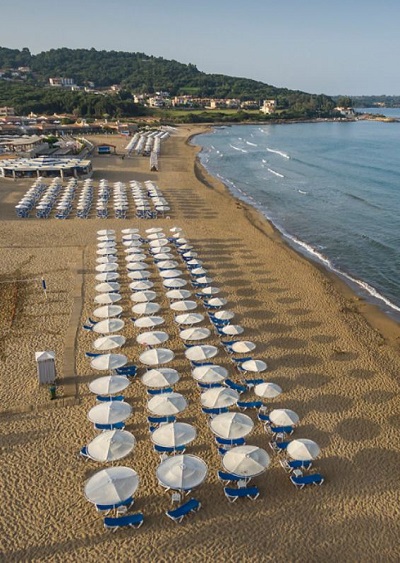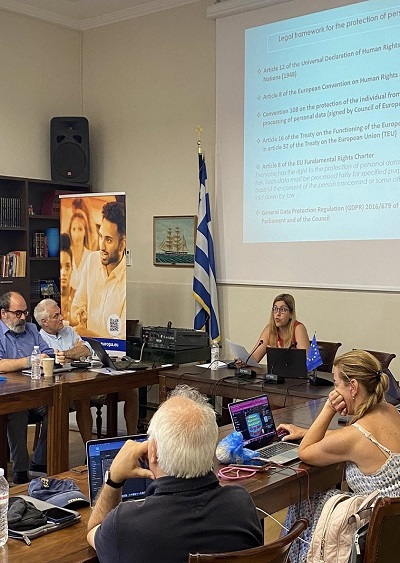
Five new distance education programmes are launched in October by the Centre for Continuing Education and Lifelong Learning of the National and Kapodistrian University of Athens. The scientific and academic coordinator is Mrs. Kyriaki Mystakidou – Gini, Professor of Palliative Care at the Medical School of the University of Athens.
These are courses of 3 or 4 months duration with a start date of November 7, 2022. Please note that there is a preferential cost for group registration for which you can find out more information online at: [email protected]
- Relief Care: Art and Science
How does Relief Care improve the quality of life of patients living with a serious, life-threatening illness? How does it support families and caregivers in a multilevel way? Why should Palliative Care be part of healthcare services?
Duration: 4 months
The course is aimed at: Health care workers (Doctors, Nurses, Dentists, Pharmacists, Physiotherapists, Nutritionists, etc.) and Graduates of Schools of Social Sciences and Humanities (Sociology, Social Studies, Psychology, Social Anthropology, Social Work)
More: https://site.cce.uoa.gr/courses-detailed/1088
- Integrated Geriatric Care
What is the pathology and implications of ageing? What should integrated geriatric care look like? What do we mean by “Relief Geriatric Care”? What are the common physical and psychological symptoms of the geriatric population and what are the appropriate methods of treating them? What are the existential issues and spiritual needs of the geriatric population?
Duration: 3 months
The course is addressed to: Health care workers (Doctors, Nurses, Dentists, Pharmacists, Physiotherapists, Nutritionists, etc.) and Graduates of Schools of Social Sciences and Humanities (Sociology, Social Studies, Psychology, Social Anthropology, Social Work).
More information: https://site.cce.uoa.gr/courses-detailed/1091
- Complementary therapies for chronically ill patients.
What are the basic principles of palliative care? What are complementary therapies and what are their types? What are the main symptoms of patients with chronic diseases? What are the most effective complementary therapies?
Duration: 3 months
The course is addressed to: Health care workers (Doctors, Nurses, Psychologists, Dentists, Dentists, Pharmacists, Social Workers, Physiotherapists, Nutritionists, etc.), Graduates of Schools of Social Sciences and Humanities of Universities/TEI and High School Graduates regardless of specialization/subject.
More information: https://site.cce.uoa.gr/courses-detailed/1093
- Stress and Illness: Mechanisms of Effect on Mental and Physical Health.
What are the factors that influence susceptibility to stress? What effect does it have on psychiatric illness, its relationship with various physical illnesses and especially neoplasms? What are the types of stress and what is their effect on the immune system?
Duration: 3 months
The course is addressed to: Health care workers (Doctors, Nurses, Dentists, Pharmacists, Physiotherapists, Nutritionists, etc.) and Graduates of Schools of Social Sciences and Humanities (Sociology, Social Studies, Psychology, Social Anthropology, Social Work).
More information: https://site.cce.uoa.gr/courses-detailed/1092
- Mental Health in Community Structures
What are the challenges facing contemporary society in the field of mental health? What are the common mental disorders affecting the population today? What are the mental health services that are part of the health care system? What are the structures that operate in the community?
Duration: 3 months
The course is aimed at: Health care workers (Doctors, Nurses, Dentists, Pharmacists, Physiotherapists, Nutritionists, etc.) and Graduates of Schools of Social Sciences and Humanities (Sociology, Psychology, Social Anthropology, Social Work, Social Studies).







Leave A Comment